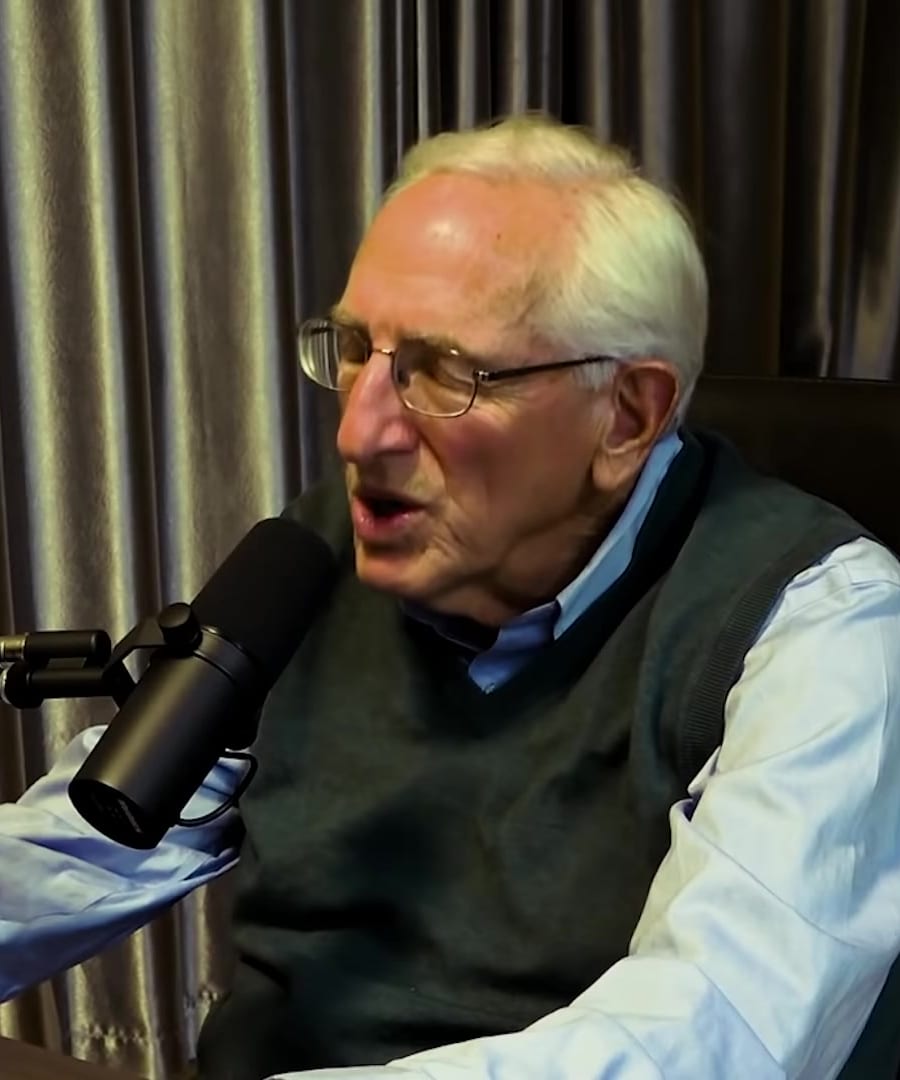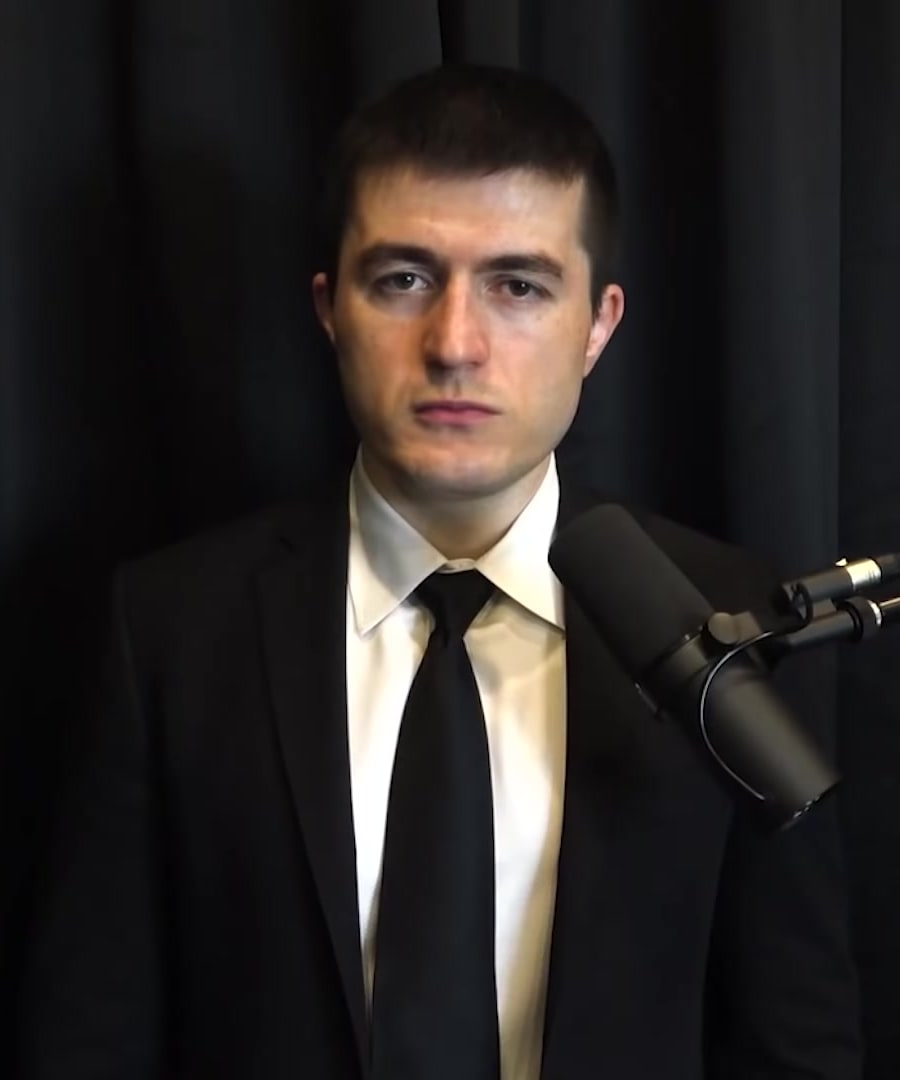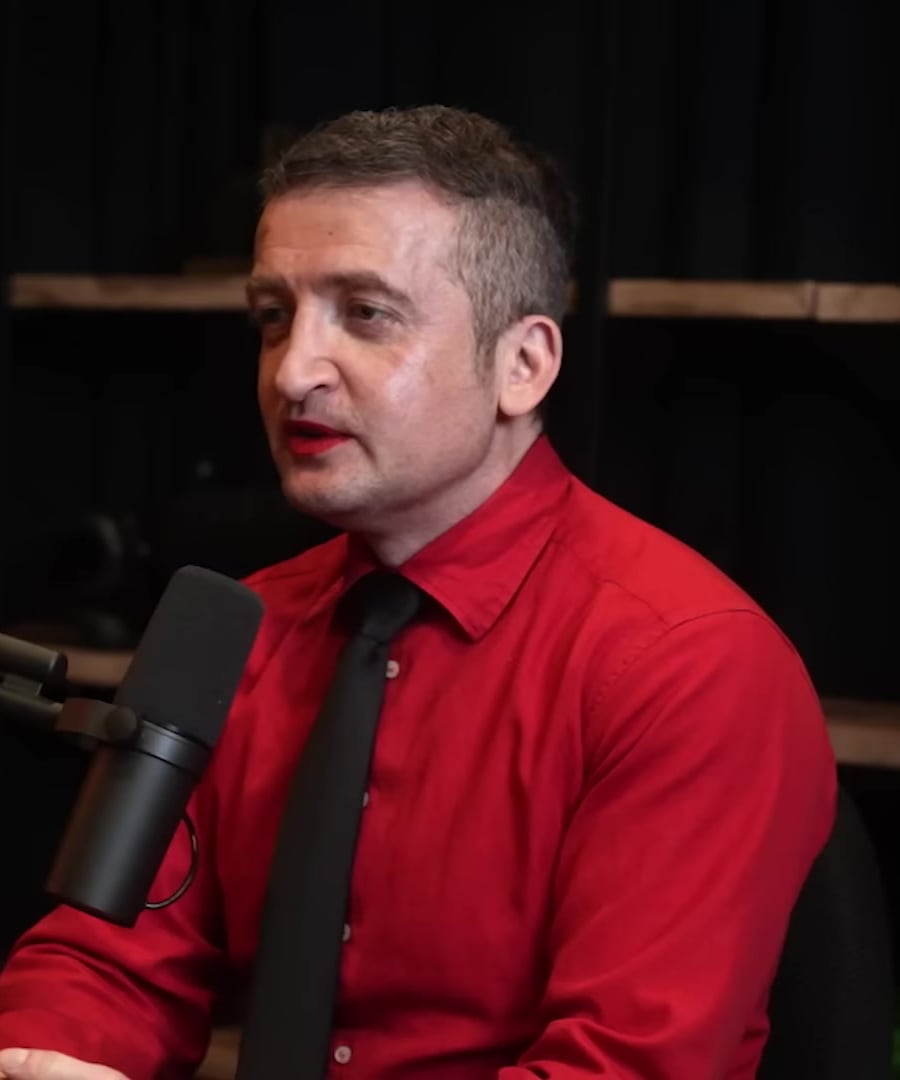Mass Starvation
Sources:
Mass starvation has been a tragic and recurring phenomenon throughout history, often shaped by political decisions and natural disasters. Here are some key insights provided by experts on the topic:
-
Chinese Famine during the Great Leap Forward:
- Mao Zedong's Policies: Mao Zedong's policies during the Great Leap Forward led to mass starvation. Grain was turned into a national commodity used to finance the revolution, with unending quotas leading to requisitions beyond actual yields. This deliberate policy shift resulted in widespread famine with the lowest estimates indicating 15 million deaths over three years, though some estimates go much higher 1.
- Government Denial: The Chinese government called this period "three years of natural disaster" or "three years of difficulties" and discouraged any acknowledgment that the famine was a result of government policy 1 2.
-
North Korean Famine in the 1990s:
- Artificial Famine: Kim Jong-il's rise to power coincided with a famine that resulted in the deaths of between 600,000 to 3 million people. The North Korean government banned words such as "famine" and "hunger" to avoid admitting policy failures, labeling the period as the "Arduous March" or "March of Suffering" 3.
- Current Situation: North Korea continues to face potential mass starvation under Kim Jong-un, again employing the term "Arduous March" as the country remains closed off with limited resources 4.
-
Famine Characteristics and Definitions:
-
Soviet Famine and Denial:
- Denial and Censorship: In the 1930s, the Soviet famine, particularly the Holodomor in Ukraine, saw millions starve due to Stalin's policies. Western journalists, like Walter Duranty of The New York Times, denied the extent of the famine and censored reports that contradicted the official Soviet narrative 6.
-
Global Perspectives:
- Famine and Conflict: In Sri Lanka, current policies are likely to exacerbate food shortages, leading to mass starvation. Famine often perpetuates further famine and conflict, as seen with enforced price controls and government requisitions from farmers, which destabilize food supplies further 7.
- Human Suffering: Mass starvation results in not just acute deaths but prolonged suffering, degradation of both physical and mental health, and multi-generational impacts 2.
Understanding the interplay between political decisions, natural conditions, and their catastrophic outcomes is crucial in both historical and contemporary contexts of famine.
RELATED QUESTIONS-




